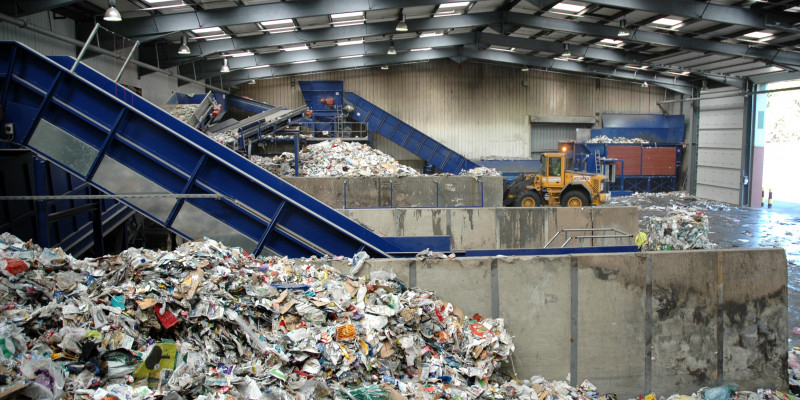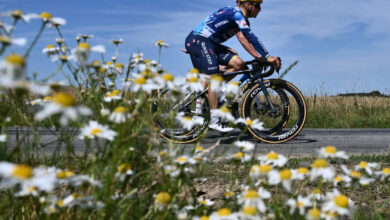New books in Cairo are expensive, so it made sense that a large crowd gathered last May at Makan for Donya Desee’s used book sale. Mostly college students, the buyers scanned the tables and chairs full of paper and hardcovers–which ranged from classics to pulp to picture books–hoping to find something to take home for LE5 or LE10. The night had the feel of a literary event, but Donya Desee is not an arts organization. Seeking “to identify all the available ‘options’ in Egypt and present them to Egyptians to enable them to lead an eco-friendly life style,” Donya Desee’s motivation behind the sale was less reading, more recycling.
Teaching people how to live eco-friendly lives is an ambitious mission in a country where even national environmental initiatives seem unlikely to make the smallest dent in the air, water, and soil pollution; the heavy reliance on cars for transportation; and unregulated waste management, but Donya Desee’s book swap is only a small item on their determined agenda, and the right track may be deceptively modest.
Donya Desee, is a local “green” initiative whose success lies not in their ability to affect sweeping, immediate change by relying on governmental or international entities, but rather in their establishment of “green” as a subculture, and enlisting followers, mostly the young and educated.
From quick tips, like how to shorten your shower time, to longer articles on eco-tourism, Donya Desee’s website is a growing resource for those interested in local environmental issues. Although there’s nothing particularly revolutionary about its contents–the suggestions are basic if underutilized–the real power behind Donya Desee is its use of the term “lifestyle” to promote the measures. Far from being chores, recycling and taking short showers are standards for entrance into a group of hip, forward thinkers, an alternative “Eco Lifestyle.” It is a smart branding choice that is sure to entice a younger generation of Egyptians and expatriates.
Another local group targeting the same demographic of budding environmentalists (and a partner of Donya Desee) is the Cairo Cycler’s Club, an unpredicted cabal of die-hard cyclists who take to the chaotic streets to promote healthy living and transportation alternatives. Ismail Marmoush, who, along with Ahmed Hamzawy, founded the CCC, began biking to avoid being late to work, and recruited a few others. Soon, the like minded cyclists “were like family.” The burgeoning CCC attracted “people from different fields [who] educated us about the environment.”
An early member of the CCC, Chitra Kalyani, a freelance writer, joined the group because she wanted to bike in Cairo “partly for environmental reasons, and partly for the fun, excitement and newness of it.” The challenges of biking in a city like Cairo–with its traffic, pollution, and heat–quickly galvanized the young CCC. The cyclists had to create bike lanes where none existed, literally following their own path.
It was a group which Kalyani was happy to be a part of. “It was all that one can imagine –exciting, inspiring, wearing, tiring, energizing, de-energizing, motivating, aggravating. People cheered us, harassed us, people bullied us, laughed at us, made room for us, complained to us. Lots of reactions. But I think we were always an amazing sight–every Friday morning a (growing) bunch of us conquering the quiet roads of Cairo. There was and is something still romantic about it. I think that's why most people do it.”
The CCC became something conspiratorial and in protest, as well as fun and rebellious and appealingly reckless. Along the route, they found unlikely guardian angels–Marmoush recalls a time when a police car suddenly began leading them through the streets–and their numbers grew. The fact that Marmoush is skeptical about active, productive involvement by government entities only serves to further enchant would-be environmentalists into the daring cocoon of the CCC.
As groups like the CCC and Donya Desee change the appearance of environmentalism from the ethically-imperative sacrifice to free-thinking and fun (with said ethically-imperative sacrifice the pill ground into the pudding), the number of young Cairenes opting for the “green” or “eco” lifestyle grows. If the CCC is any indication, we might soon see a Critical Mass in Cairo.




